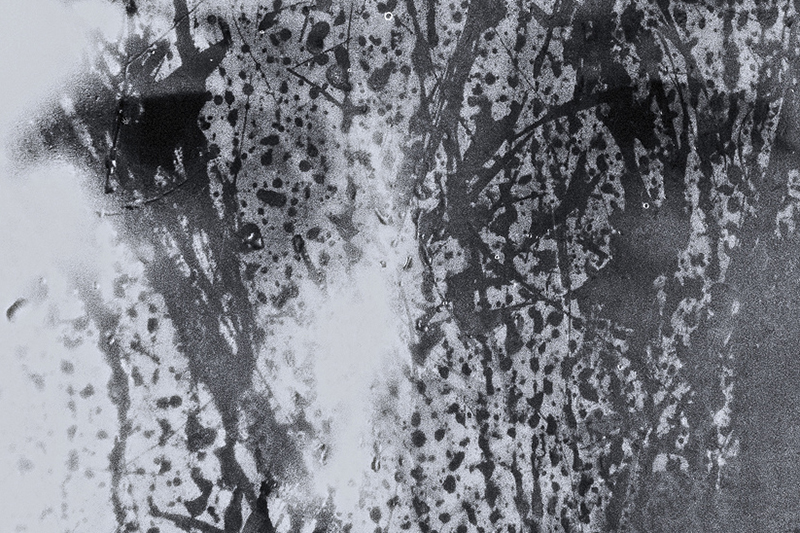What is a man? —immortal thing blooming legs in his rood cutout wood,
her sweet cawtree limb combing the cool cucumber strands of breeze
hoping for a thing from her hair, her dirty Earthy hair
made for male crow, made for pecking in between
lines—
Another one is coming!
A cross in feather form, wind floats tween hair in wind, serendipitous gift!
Brush for more crow. For a robin, a raven (scalping her
clippings) like hawks. Impale god!
cannoned civil rifles of throne, blood
ink stained landrapes
Masterhood basking upon her pickled branch —sawed caws her quiet beat
Gnawed estrange. Crafted from death. The mate pitching for keep,
for sake of him, she’s been pecked to death till no tress,
caw hope to gracefully undress, for her cherry heir
shelves—
Another old Enlightenment!
Her girdle of bones in leaves, breezy sounds the dewy windchime sobs, trite!
Nest frills ribbon into wind; whipping wind. Sleep young
crow restless, handless in eve!
Breathe harvest, death. death. hallow veined
carbon bootprint pain.
To the next bird sifting for her breath of Earth,
Through the hair between feather,
To the following foul with his thieving and
screaming tumbleweed of grief—
One hundred crows are not worth a single leaf.
On “On Anons” : A Feminist Poem About Canonized Masochism
Male writers have basked in the poetic spotlight from the start, with topics and metaphors referencing the feminine—metaphors for reproductive fruits; archaic words like beauteous, dainty, and sweet. Today the feminine has become more metaphoric, often conveyed in the form of nature. While there’s generally a balance between all within poetry, the fact that women have always been exploited for poetry, remains factual, reflecting the masochistic and hypocritical nature of the whole enlightened poetry concept.
Even though women were and have been published, it was often under the pen-name of a man or was submitted anonymously. During certain times and in certain places, women could be confined or even executed for reading and/or writing. “On Anons” was partially inspired by “The Dream of the Rood”. Centered on Christ, the poem compares Jesus to a wondered tree. Today, a “Rood” is defined as, “a crucifix, especially one positioned above the rood screen of a church or on a beam over the entrance to the chancel”.
A great majority of poetry focuses on mankind, or a man’s enlightenment (as the cannons reflect). Because of feminist debate/methodology, protest, and its combined sensationalism, there now exists resources (like VIDA) that force current publishers to print a variety of voices from women young and old. Also inspired by the contemporary Max Porter’s “Grief Is a Thing with Feathers”, “On Anons” attempts to dismantle this canonized ideology, concluding with a resorted line written by Confucius, “One hundred women are not worth a single testicle.” Diving deeper, a “leaf” can be a piece of paper.
Photo Credit: Chill Mimi Flickr via Compfight cc
